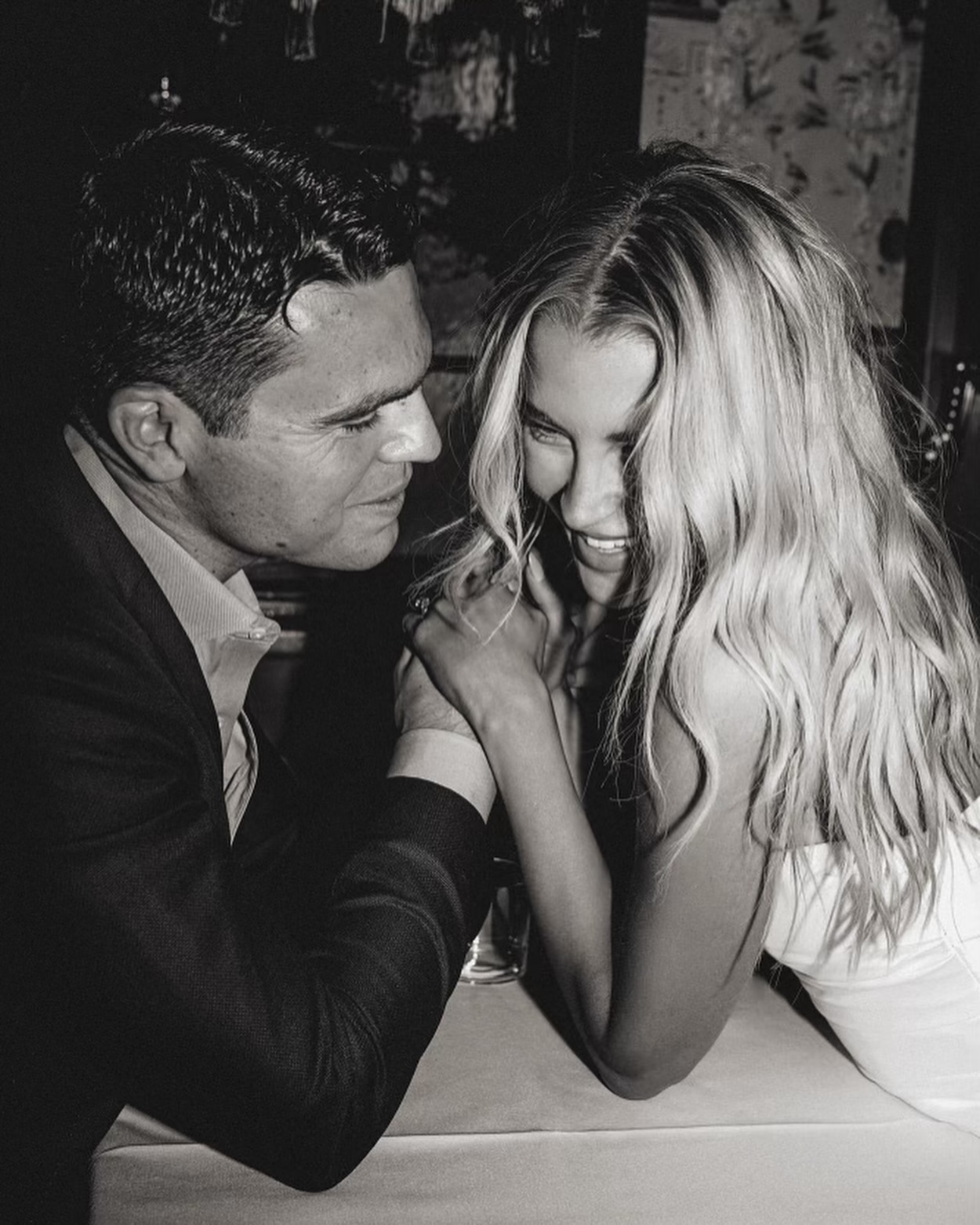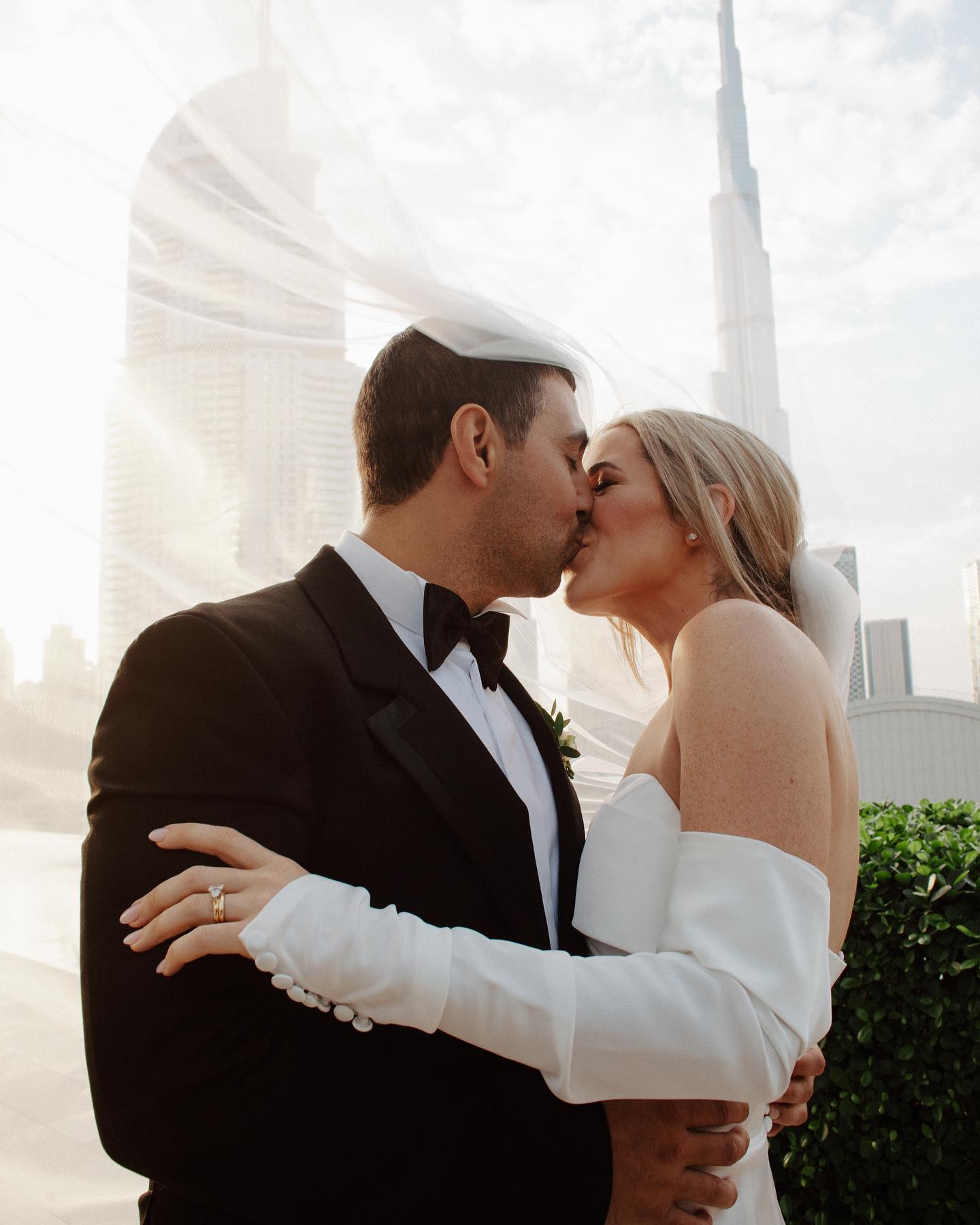Navigating New Love: A Guide to Starting a Relationship on the Right Foot
- Author: Natali Grace Levine
- Reading time: 9 min 3 sec
- Publication date: 11/06/2024
- Updated: 02/12/2026
Starting a new romantic relationship is exhilarating—every look, every touch, and every word holds meaning. The thrill of getting to know someone deeply, wondering about what lies ahead, and feeling the chemistry build is unlike anything else. But as much as we all cherish these early days, building a solid foundation requires more than just attraction; it’s about mindful choices, mutual respect, and a bit of wisdom. That’s why we’re diving into the “Dos” and “Don’ts” that can help guide this beautiful journey. Each point is backed by psychology and experience, crafted to help you build a relationship that’s as strong as it is exciting.

The Dos: Building Trust and Chemistry


Starting a relationship requires a mix of patience, self-awareness, and effort to build the essential elements that hold couples together: trust and chemistry. These qualities can’t be forced—they develop naturally with intentional actions and genuine care. Here’s a roadmap for strengthening your bond and creating the foundation of a lasting relationship. Think of these "Dos" as small but meaningful choices that deepen your connection, help you feel seen, and allow your partner to feel the same. Whether you’re just starting out or looking to refresh your approach, these tips will help you nurture the bond you’re building.
Do Be Open and Honest from the Start
Openness is the cornerstone of trust, allowing you and your partner to feel safe and understood. Early on, it’s tempting to show only your best self, but vulnerability—sharing your thoughts, feelings, and experiences—fosters a stronger bond. Imagine sharing something about your past that shaped you or expressing your excitement about the future. Being real with each other builds a foundation based on transparency, not pretense.
Consider psychologist Brené Brown’s insight that “vulnerability is the birthplace of love, belonging, joy, courage, empathy, and creativity.” When you allow yourself to be vulnerable, you invite your partner into the real you, creating an atmosphere of trust and acceptance.
Do Set Healthy Boundaries
Healthy relationships have boundaries that respect each person’s needs, space, and independence. Setting boundaries early ensures that each of you has room for your individuality, and it prevents the common pitfall of codependency. Discussing boundaries isn’t restrictive; it’s liberating because it gives both of you a framework for a healthy dynamic.
For example, you might agree to communicate how you feel when needing time alone or establish times during the week when each person can pursue their interests. Boundaries could mean deciding on the frequency of text messages or understanding each other’s comfort levels in social settings. Remember, boundaries are about protecting what’s important to each of you, creating a space where both partners can thrive individually and together.


Do Listen Actively
Active listening involves being fully present when your partner speaks, showing empathy, and responding with care. By listening with full attention, you’re demonstrating that their words matter to you, which reinforces closeness. It can be as simple as putting your phone down when they’re talking or acknowledging their feelings before sharing your thoughts.
Psychologist Carl Rogers, a pioneer in active listening, believed that “listening deeply to someone feels so much like love that it’s often indistinguishable from it.” When you listen actively, you’re offering your partner respect, support, and validation, laying the groundwork for an emotional connection that goes beyond words.
Do Keep Things Light and Fun
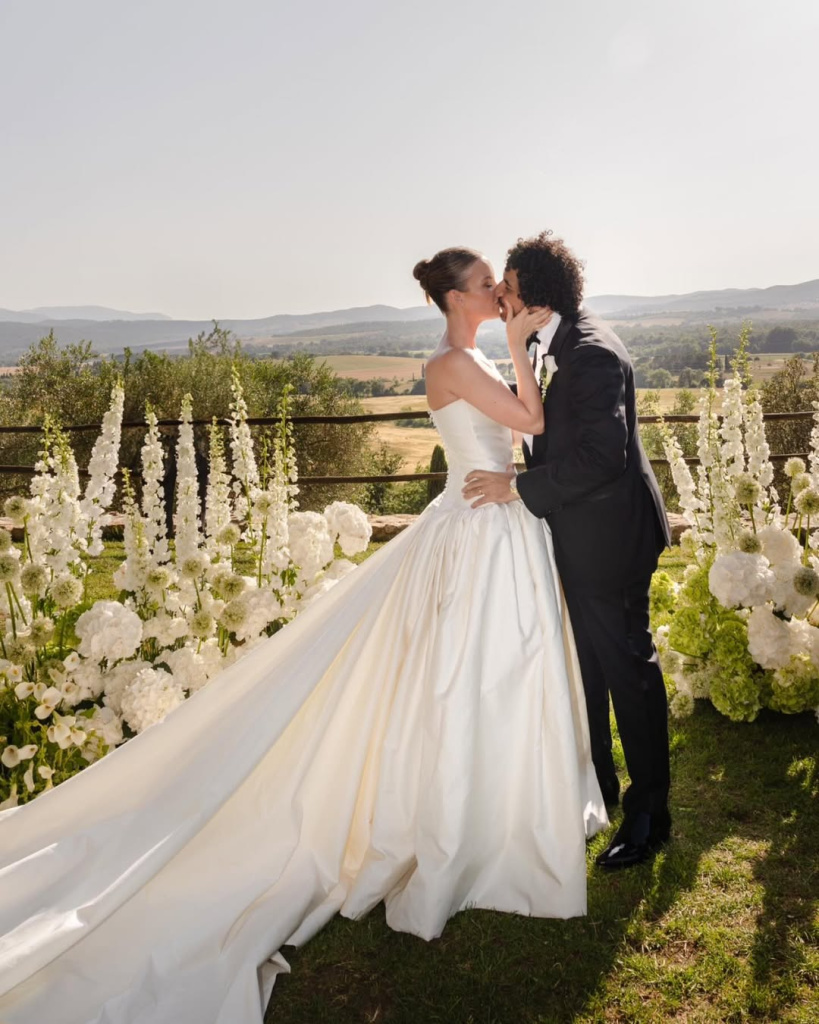

Adding fun to your relationship is an essential ingredient for long-lasting happiness. Couples who make an effort to keep the spark alive through shared laughter and lighthearted experiences create joyful memories and ease any tension that arises over time. Doing new things together, exploring each other’s interests, or even planning surprise dates keeps the relationship dynamic and fresh.
The fun doesn’t have to mean elaborate trips or grand gestures; it can be as simple as a movie marathon or trying a new recipe together. Positive psychologist Barbara Fredrickson notes that playful interactions can help build a “positivity resonance” that strengthens your bond over time. In a new relationship, focusing on fun allows both of you to experience each other in a relaxed, authentic way.
Do Express Appreciation Frequently

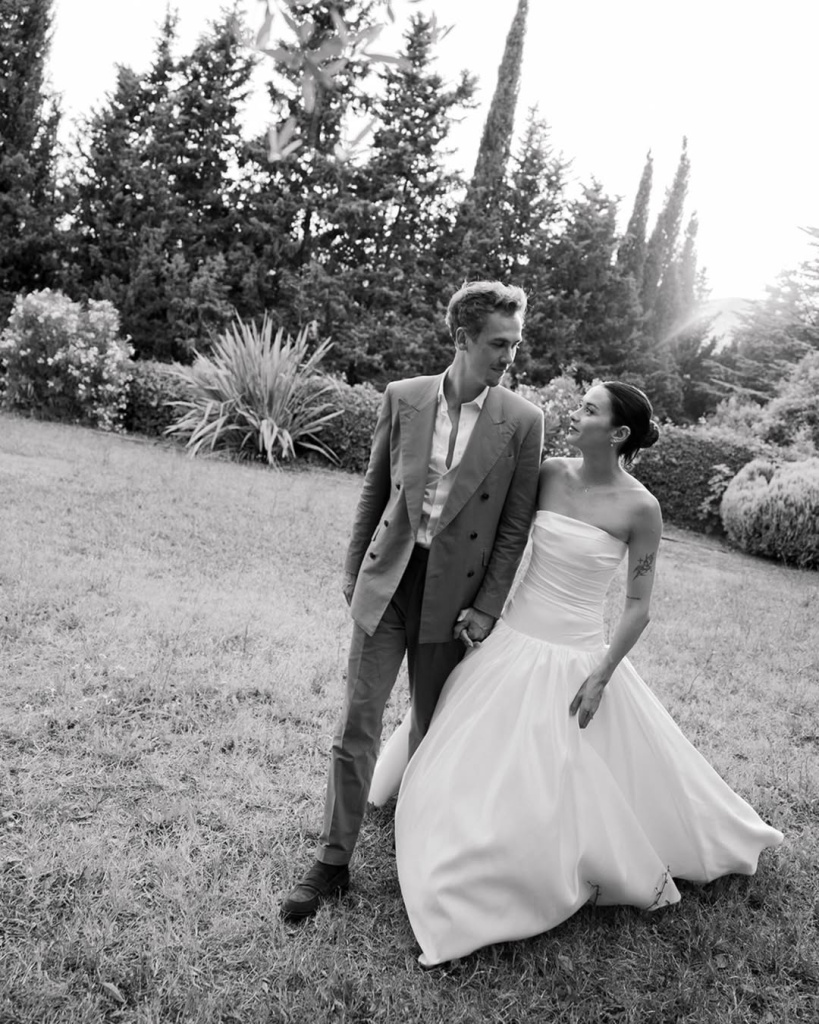
Appreciation is the bedrock of love. Taking a moment to acknowledge the small things your partner does—the way they make you laugh, their thoughtful texts, or the little efforts they make to spend time together—fosters a loving atmosphere. Expressing gratitude frequently, especially in the early stages, reinforces positive feelings and shows your partner that they are valued.
Relationship researcher John Gottman explains that couples who regularly express appreciation and admiration are more likely to feel satisfied and connected in the long term. So, send that “thank you” text, offer a heartfelt compliment, or let them know you love a particular quality about them. Regularly sharing what you appreciate about them keeps the relationship feeling light, fulfilling, and rooted in kindness.
Do Embrace Vulnerability
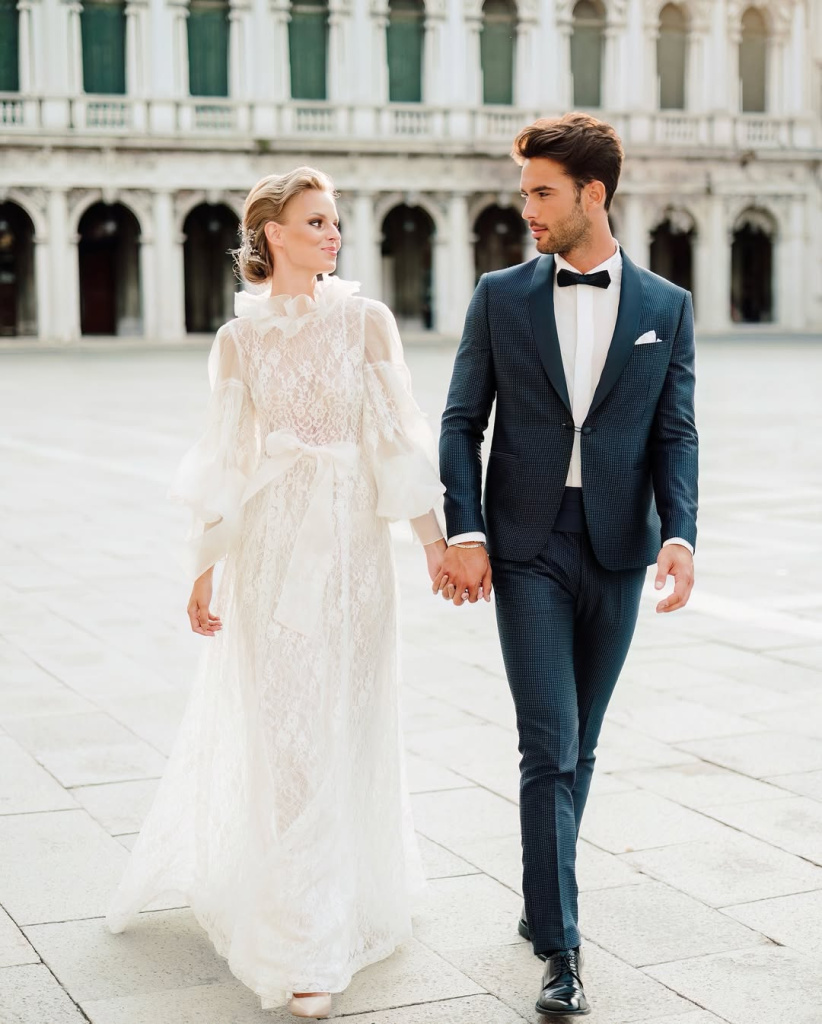

Vulnerability is the bridge to intimacy. Opening up about your fears, dreams, and insecurities can be daunting, but it also allows your partner to see your authentic self. When both partners are willing to be vulnerable, they create a safe space for open dialogue, deepening their bond.
For instance, sharing a story about a challenging time in your life or expressing something deeply meaningful to you can reveal layers of your personality that make you uniquely you. Being vulnerable doesn’t mean sharing everything all at once, but rather, letting down your guard slowly to cultivate trust. As therapist and author Dr. Sue Johnson notes, “when we feel safe enough to share our vulnerabilities, we experience love and connection.”
Do Encourage Their Growth and Goals
Encouragement is a gift you can give your partner that strengthens their self-esteem and brings you closer. When you support their goals—whether it’s a career milestone, a fitness goal, or learning a new skill—you’re showing that you’re invested in their personal journey. A relationship that encourages growth allows both individuals to flourish.
This could mean actively asking about their progress, helping them set goals, or simply cheering them on. Studies show that couples who celebrate each other’s achievements are happier and more resilient, as this positivity reinforces mutual respect. By nurturing each other’s growth, you’re building a relationship that thrives on shared success and individual fulfillment.


Do Take Responsibility for Your Feelings
In a healthy relationship, each partner takes ownership of their emotions rather than projecting them onto each other. If you feel hurt or frustrated, focus on expressing your feelings constructively by using “I” statements. For example, “I felt hurt when you didn’t call” is much more productive than “You made me feel…”
Relationship experts emphasize that “I” statements minimize defensiveness and help create an environment where both partners feel heard. By taking responsibility for your emotions, you encourage open communication, allowing each person to express themselves without fear of judgment or blame.
Do Celebrate Differences

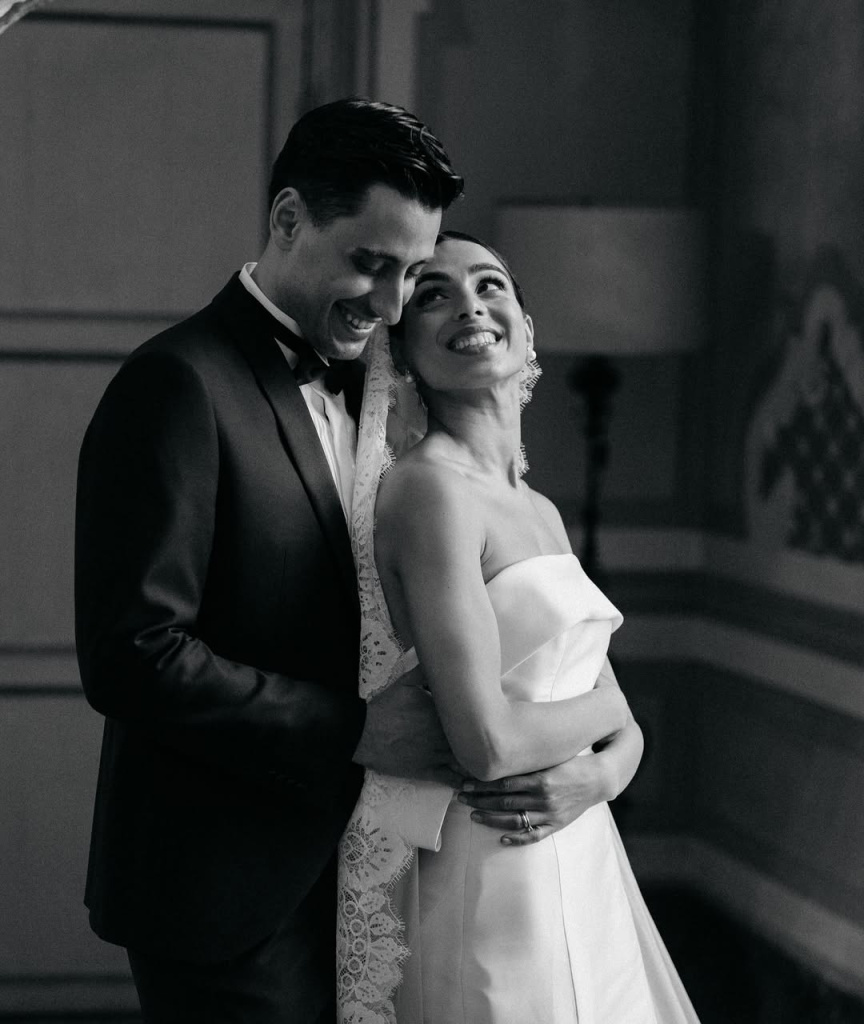
No two people are exactly alike, and celebrating your differences keeps your relationship vibrant. Learning to appreciate rather than judge each other’s unique qualities adds depth to your connection and can foster curiosity and mutual respect. Maybe one of you loves mornings while the other prefers nights, or you have different tastes in movies. These differences make you richer as a couple.
Instead of seeing differences as obstacles, view them as opportunities to learn and grow. As family therapist Virginia Satir wisely noted, “People prefer the comfort of sameness, but growth lies in exploring difference.” Celebrating your differences can make the relationship more colorful, bringing together two unique worlds into one shared experience.
Do Focus on Building a Friendship
A solid friendship is often the foundation of a lasting romantic relationship. Couples who are friends first report feeling closer, more understanding, and more secure in their bond. To build a friendship, spend quality time together, support each other’s interests, and build trust over shared experiences.


The Don’ts: Avoiding Common Pitfalls

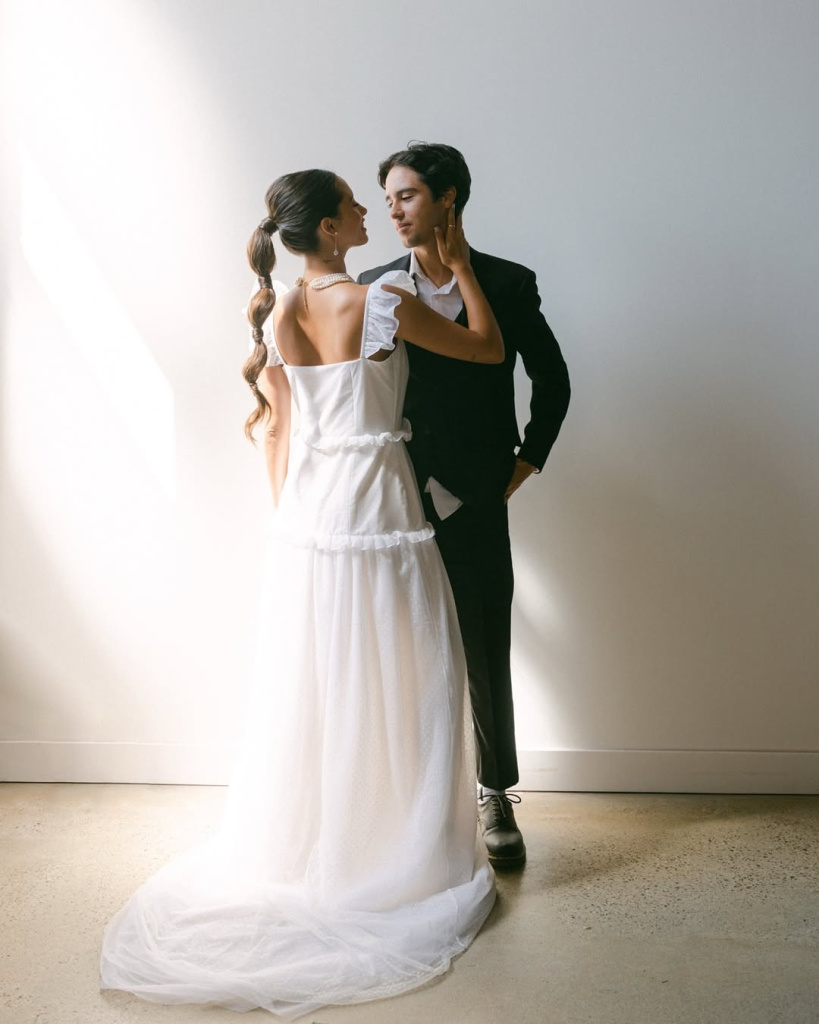
In the excitement of a new relationship, it’s easy to overlook behaviors that could lead to misunderstandings or even jeopardize the connection. While there’s no “one-size-fits-all” guide for relationships, knowing what to avoid is just as essential as knowing what to nurture. These “Don’ts” are grounded in psychological insights and real-life scenarios to help you navigate potential pitfalls. Avoiding these common missteps can help ensure that your relationship grows on a foundation of respect, openness, and genuine connection.
Don’t Rush the Relationship
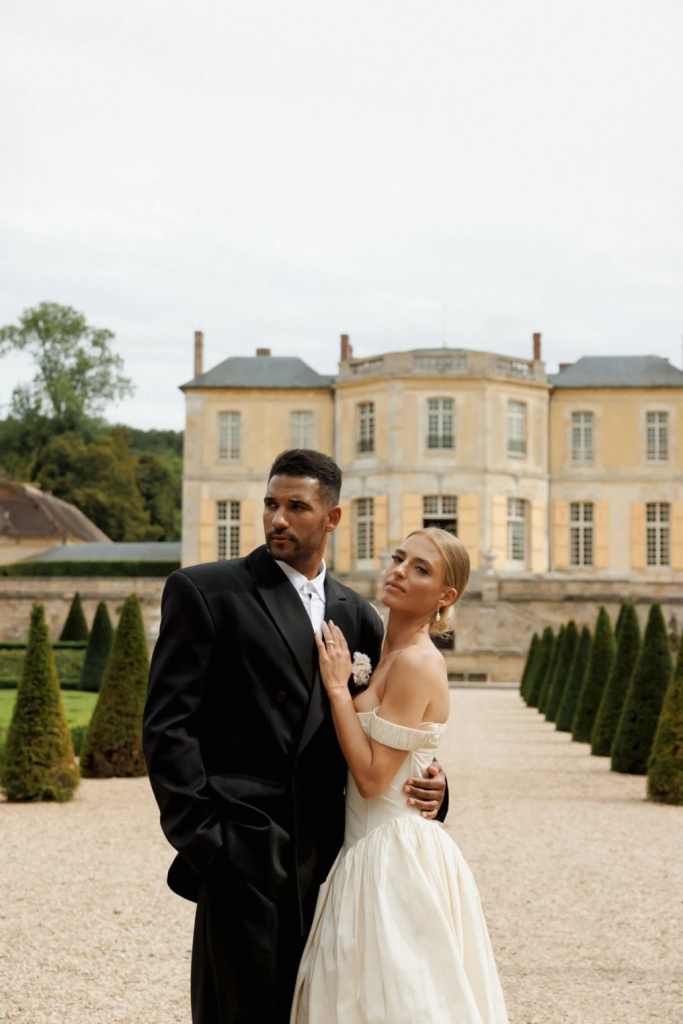
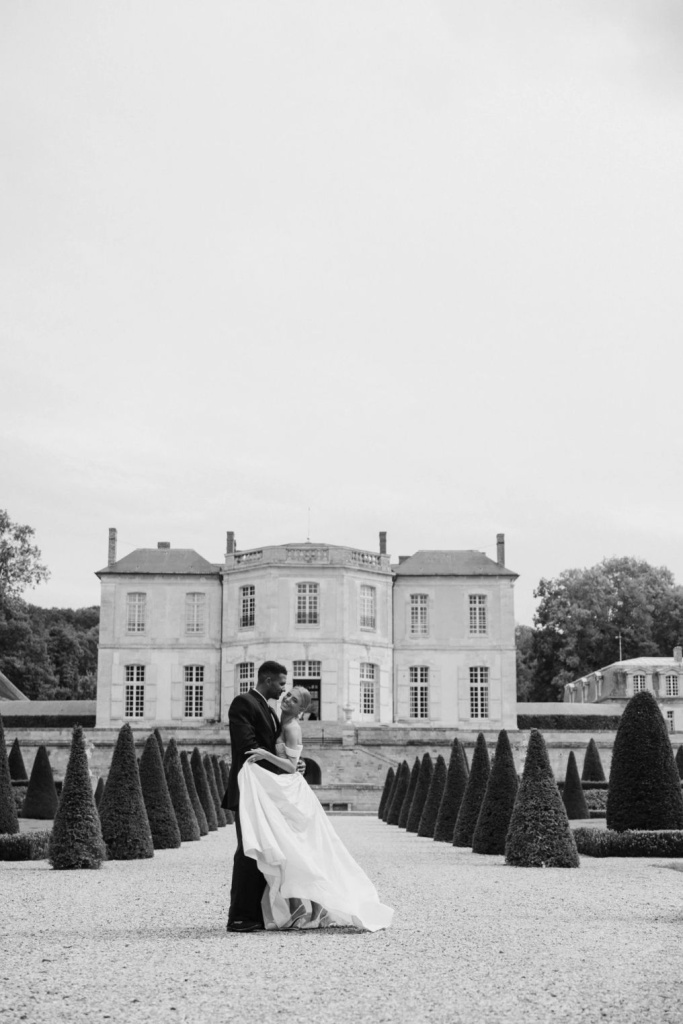
In a new relationship, it’s natural to feel eager to move things forward. However, rushing to define labels or expecting commitment too soon can create unnecessary pressure, which often backfires. Psychologists caution against rushing because it can lead to unrealistic expectations and emotional burnout. Each stage of a relationship has unique benefits and challenges, so give yourselves time to fully experience them.
Don’t Play Games

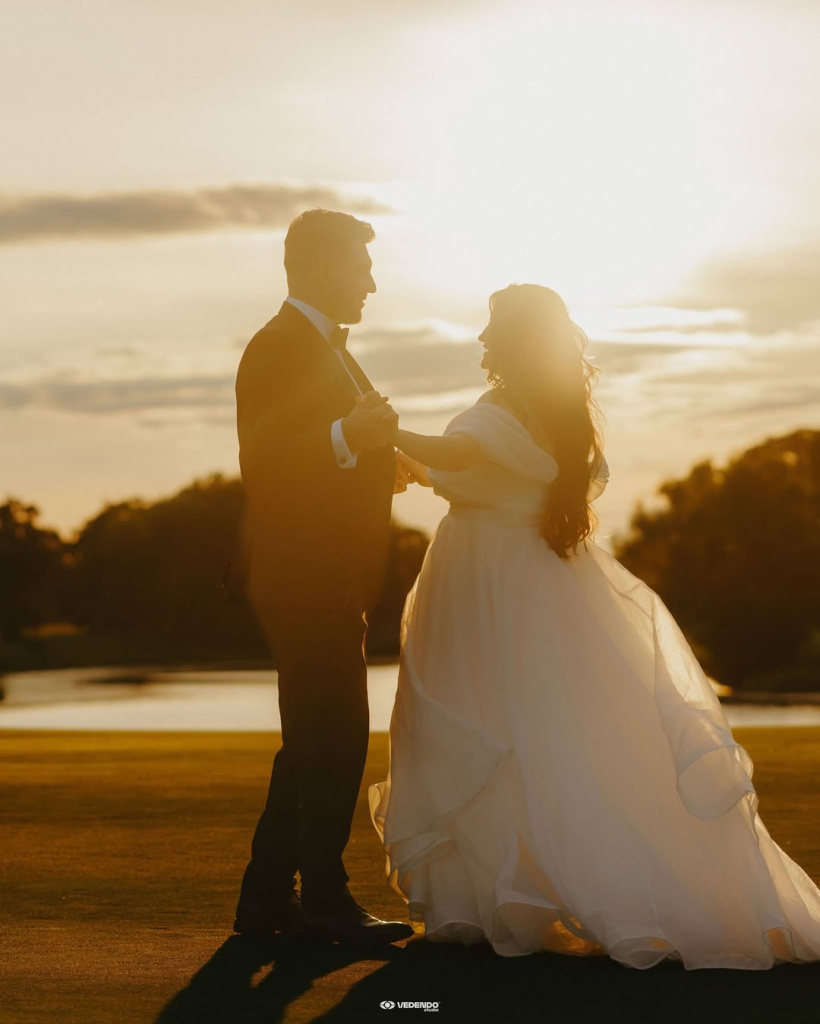
The early days of a relationship can bring out insecurities, sometimes leading people to “play games” to gain a sense of control. Whether it’s waiting hours to text back, dropping subtle hints, or testing your partner’s reactions, game-playing can erode trust and create confusion. Healthy relationships are based on transparency and mutual respect, not manipulation.
Relationship expert Dr. Gary Chapman explains that emotional games often stem from fears of vulnerability. However, opening up and showing your true self is a better way to foster connection. Instead of trying to “win” or “lose” an interaction, focus on being direct, genuine, and kind, ensuring that your partner feels respected rather than toyed with.
Don’t Bring Past Baggage into the Present


We all carry memories from past relationships, but bringing unresolved issues or past hurts into a new romance can create unnecessary tension. While it’s essential to learn from the past, projecting fears or expectations onto your new partner may prevent you from seeing them for who they truly are. Old wounds can lead to defensiveness, jealousy, or even sabotage the relationship’s early stages.
Take time to self-reflect and heal from past relationships before diving into a new one. If you feel the need to bring up a past experience, do so with the intent to share rather than project.
Don’t Rely on Your Partner for Happiness
While relationships can bring joy and fulfillment, your sense of happiness should come from within. Relying on a partner to “complete” you creates unrealistic expectations and can strain the relationship. True happiness stems from self-awareness, self-acceptance, and cultivating interests that make you feel fulfilled as an individual.
In a balanced relationship, each partner supports the other’s happiness without bearing full responsibility for it. Embrace hobbies, friendships, and self-care practices that bring you joy independently of your relationship. This independence allows you to bring your best self into the relationship, which, in turn, makes the partnership stronger.

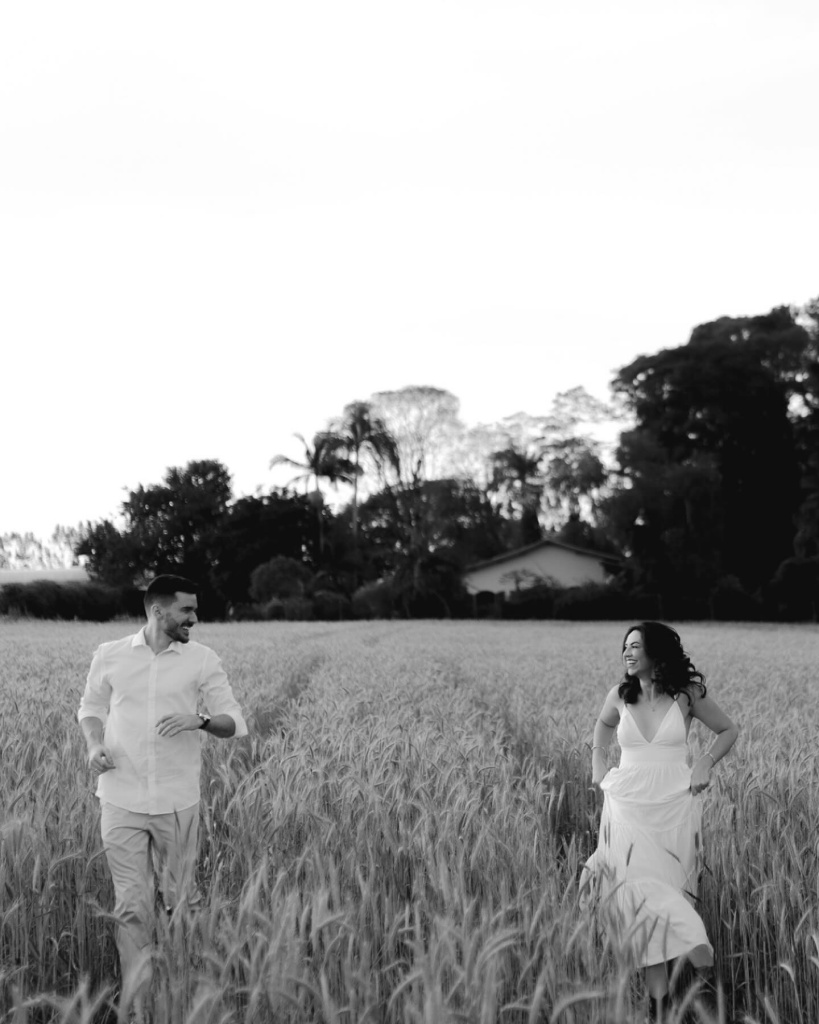
Don’t Be Afraid to Speak Up
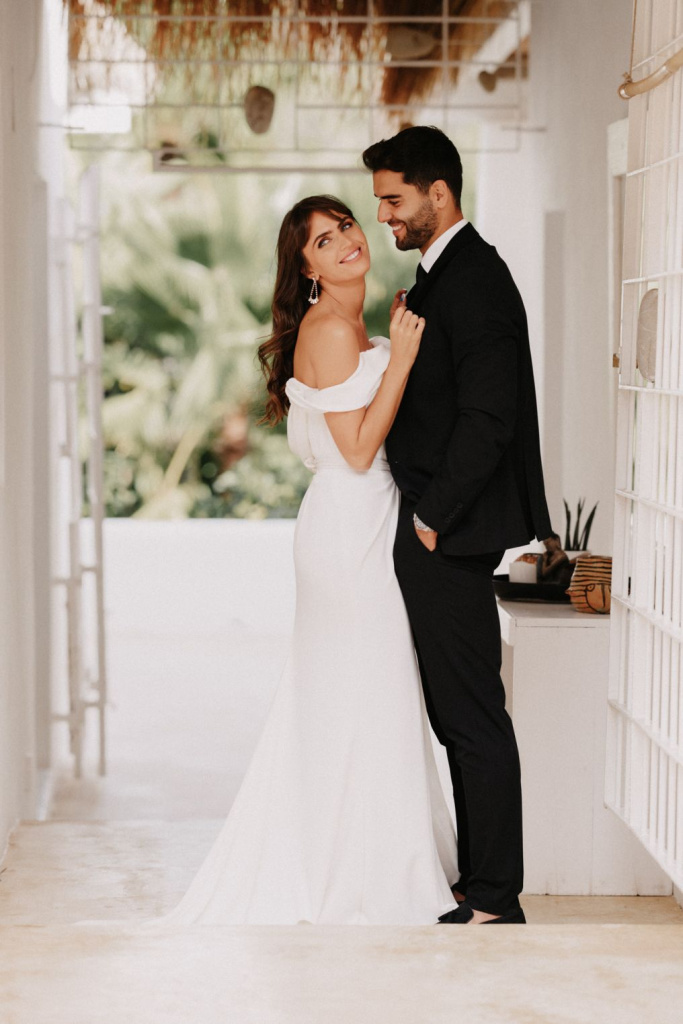

Silence in the face of issues can lead to resentment and miscommunication. If something is bothering you, address it openly and honestly rather than bottling it up. Open communication helps prevent misunderstandings and ensures that your partner understands your needs and feelings.
Don’t Idealize Your Partner
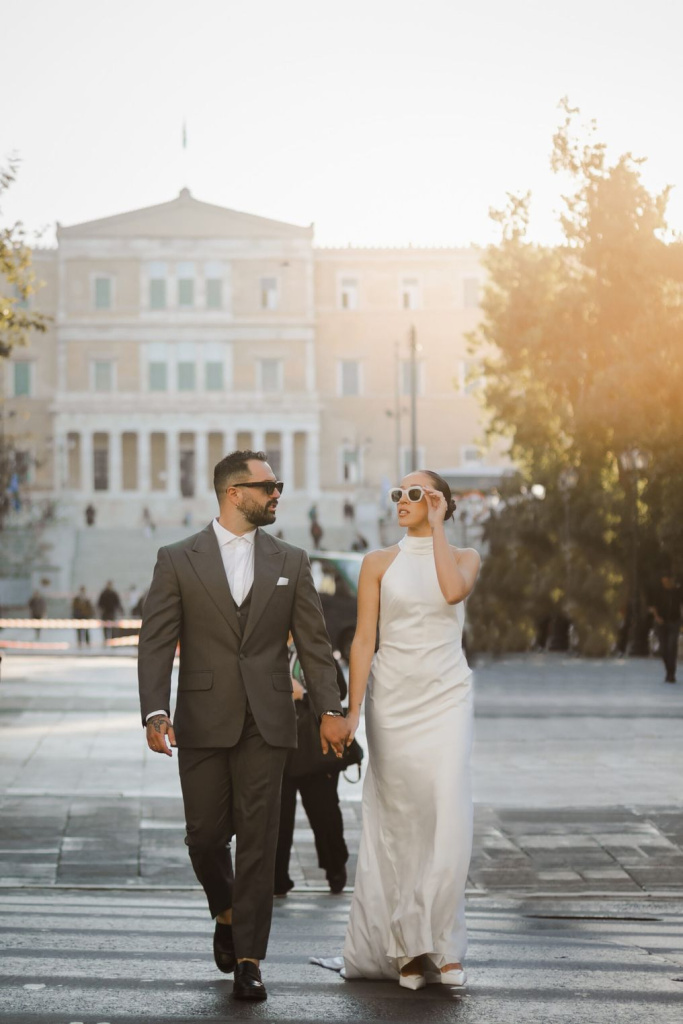
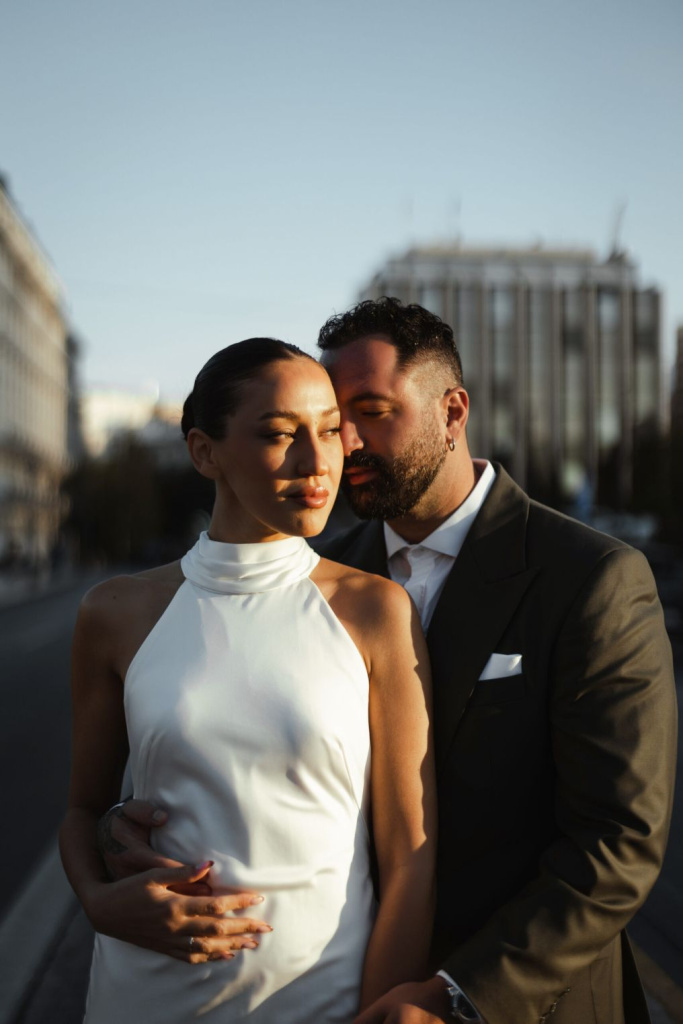
The honeymoon phase of a new relationship often involves “seeing through rose-colored glasses,” where it’s easy to ignore any potential flaws in your partner. While it’s normal to feel captivated, idealizing them can create unrealistic expectations and make it harder to navigate future challenges.
It’s essential to recognize that everyone has strengths and weaknesses, including your partner. Instead of focusing only on their positive traits, take time to understand who they are as a whole person. Embracing both the positives and the quirks will lead to a more balanced, grounded relationship where you’re less likely to feel disillusioned down the line.
Don’t Ignore Red Flags
Red flags are often subtle behaviors or patterns that suggest potential issues in a relationship. Whether it’s lack of respect, dishonesty, or disregard for boundaries, ignoring these warning signs can lead to future heartache. While it’s tempting to overlook certain behaviors in the excitement of a new romance, listening to your intuition can prevent problems before they escalate.
If you notice red flags, approach them directly and honestly. For instance, if your partner dismisses your feelings or repeatedly disregards your boundaries, have a calm discussion about how it impacts you. Addressing red flags early on ensures you’re both on the same page and can decide if the relationship is truly right for you.
Don’t Make Everything About “Us”
Maintaining individuality within a relationship is essential. While it’s natural to enjoy spending time together, focusing solely on the relationship can make each person lose touch with who they are as individuals. Healthy relationships involve two whole individuals coming together, not merging into one.

Don’t Compare Your Relationship to Others
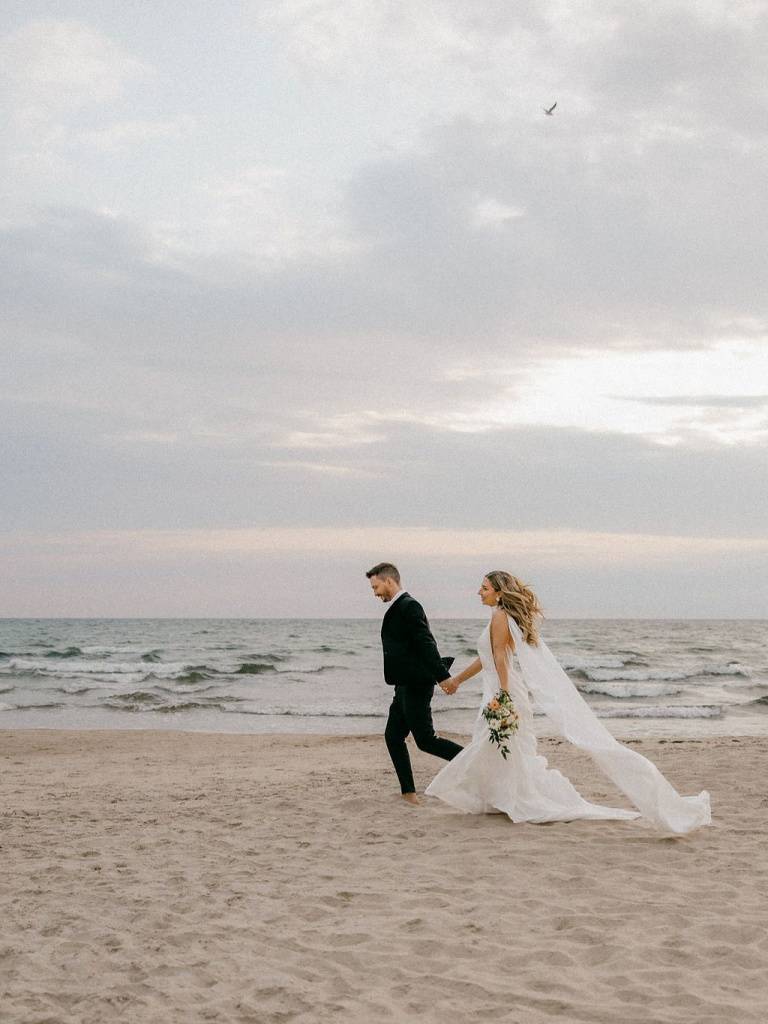

Every relationship is unique, and comparing your relationship to others can lead to unnecessary doubts and dissatisfaction. Social media often portrays an idealized version of relationships, which can make your own relationship seem “less than.” Remember that people tend to share only the highlights, not the challenges, of their relationships.
Don’t Expect Perfection
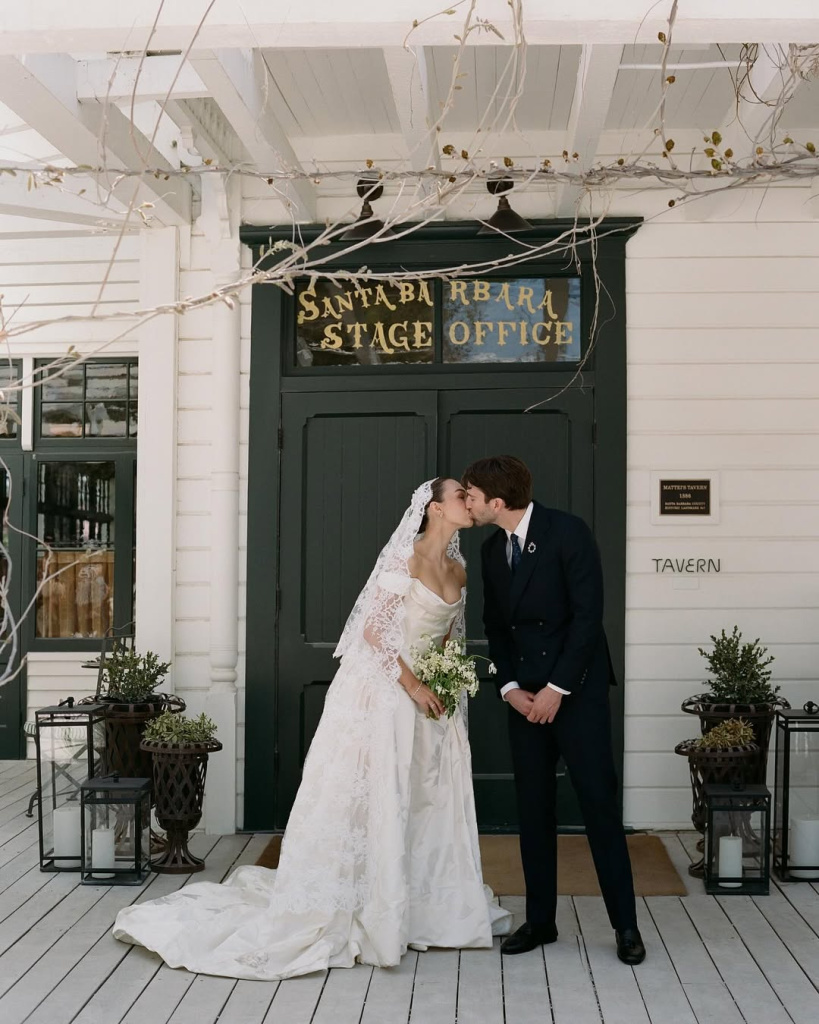
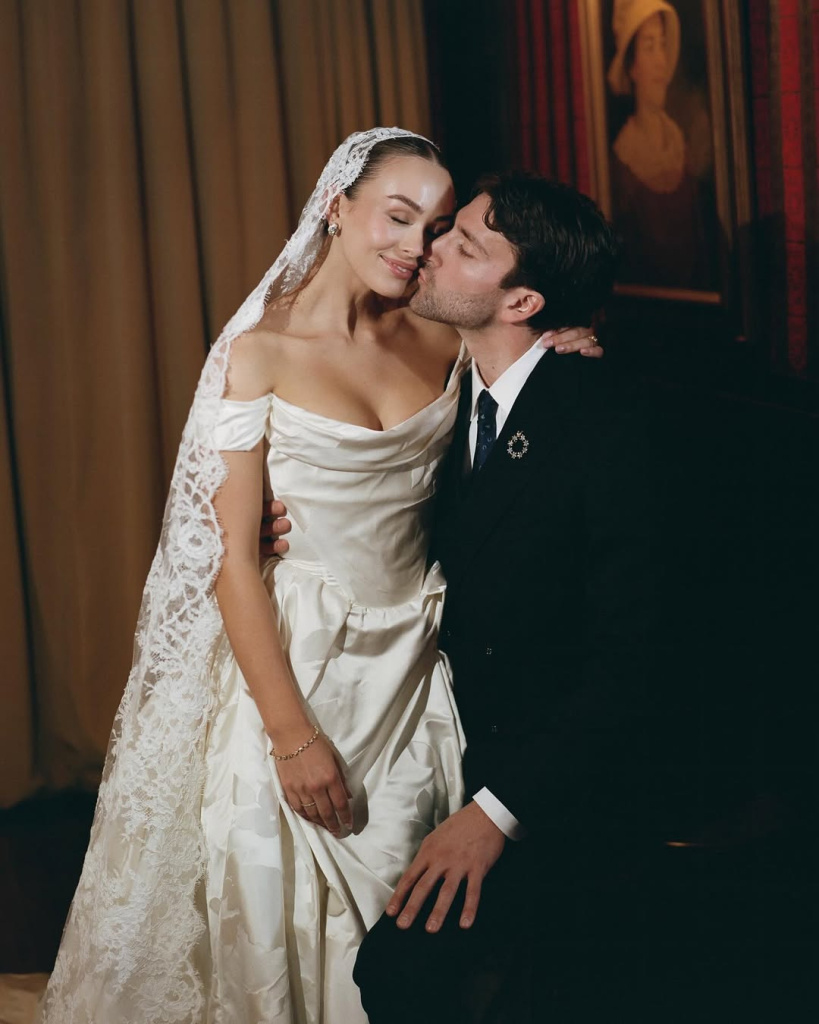
Perfection is a myth in any relationship. Expecting flawlessness in yourself, your partner, or the relationship can lead to frustration and disappointment. Real relationships are filled with highs and lows, quirks and imperfections. Learning to accept and embrace these elements creates a realistic, sustainable connection.
When things don’t go as planned or you experience minor disagreements, remind yourself that these are normal parts of a growing relationship. Embrace the imperfections, as they make your relationship more authentic and resilient. Relationship therapist Dr. Jennifer Kromberg notes that “learning to accept imperfection in yourself and others can open the door to deeper connection and love.”













